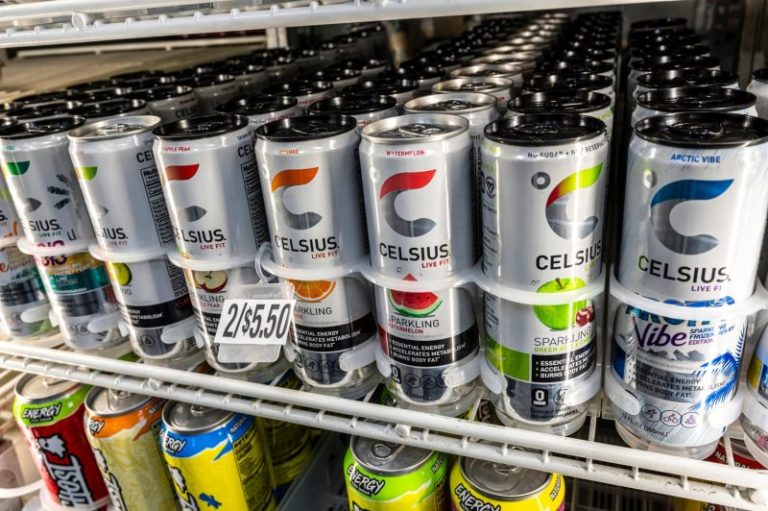Homerun Resources Inc. (TSXV: HMR,OTC:HMRFF) (OTCQB: HMRFF) (‘Homerun’ or the ‘Company’) is pleased to announce that Strand Hanson Limited has been appointed as its UK Financial Adviser.
This engagement marks a significant step as Homerun evaluates a potential dual listing on the international commercial companies secondary listing segment of the FCA’s Official List, and admission to trading on the Main Market of the London Stock Exchange (LSE).
Strand Hanson Limited is a leading independent financial advisory firm based in London, known for its expertise in corporate finance and capital markets. With a strong track record in advising growth companies, particularly in the natural resources and energy sectors. Their extensive experience in advising international companies on LSE listings brings valuable insight to Homerun’s growth objectives and ambition to increase its global investor base.
Homerun is a vertically integrated materials leader revolutionizing green energy solutions through advanced silica technologies. As an emerging force outside of China for high-purity quartz (HPQ) silica innovation, the Company controls the full industrial vertical from raw material extraction to cutting-edge solar, battery and energy storage solutions.
The decision to pursue a dual listing on the London Stock Exchange supports Homerun’s strategy of expanding its capital markets presence, improving share liquidity, and enhancing visibility with institutional and retail investors worldwide. London, as one of the world’s premier financial centers, offers unparalleled access to international capital and a diverse range of sophisticated investors.
This move will position Homerun to:
- Broaden its shareholder base beyond North America.
- Access deeper pools of capital and improve funding flexibility.
- Enhance the Company’s brand recognition in the UK and European markets.
- Attract high-caliber institutional investors who are active on the LSE.
- Offer investors increased trading flexibility, transparency, and regulatory standards associated with London’s Main Market.
Commenting on the partnership, CEO, Brian Leeners, stated: ‘We are excited to welcome Strand Hanson Limited as our UK Financial Adviser. Their proven track record and expertise with London listings will be instrumental as we assess the merits of a dual listing on the Main Market of the London Stock Exchange, aligning with our objectives to create greater value for our shareholders.’
About Homerun (www.homerunresources.com)
Homerun (TSXV: HMR,OTC:HMRFF) is a vertically integrated materials leader revolutionizing green energy solutions through advanced silica technologies. As an emerging force outside of China for high-purity quartz (HPQ) silica innovation, the Company controls the full industrial vertical from raw material extraction to cutting-edge solar, battery and energy storage solutions. Our dual-engine vertical integration strategy combines:
Homerun Advanced Materials
-
Utilizing Homerun’s robust supply of high purity silica sand and quartz silica materials to facilitate domestic and international sales of processed silica through the development of a 120,000 tpy processing plant.
-
Pioneering zero-waste thermoelectric purification and advanced materials processing technologies with University of California – Davis.
Homerun Energy Solutions
-
Building Latin America’s first dedicated high-efficiency, 365,000 tpy solar glass manufacturing facility and pioneering new solar technologies based on years of experience as an industry leader in developing photovoltaic technologies with a specialization in perovskite photovoltaics.
-
European leader in the marketing, distribution and sales of alternative energy solutions into the commercial and industrial segments (B2B).
-
Commercializing Artificial Intelligence (AI) Energy Management and Control System Solutions (hardware and software) for energy capture, energy storage and efficient energy use.
-
Partnering with U.S. Dept. of Energy/NREL on the development of the Enduring long-duration energy storage system utilizing the Company’s high-purity silica sand for industrial heat and electricity arbitrage and complementary silica purification.
With six profit centers built within the vertical strategy and all gaining economic advantage utilizing the Company’s HPQ silica, across, solar, battery and energy storage solutions, Homerun is positioned to capitalize on high-growth global energy transition markets. The 3-phase development plan has achieved all key milestones in a timely manner, including government partnerships, scalable logistical market access, and breakthrough IP in advanced materials processing and energy solutions.
Homerun maintains an uncompromising commitment to ESG principles, deploying the cleanest and most sustainable production technologies across all operations while benefiting the people in the communities where the Company operates. As we advance revenue generation and vertical integration in 2025, the Company continues to deliver shareholder value through strategic execution within the unstoppable global energy transition.
On behalf of the Board of Directors of
Homerun Resources Inc.
‘Brian Leeners’
Brian Leeners, CEO & Director
brianleeners@gmail.com / +1 604-862-4184 (WhatsApp)
Tyler Muir, Investor Relations
info@homerunresources.com / +1 306-690-8886 (WhatsApp)
FOR THE ADEQUACY OR ACCURACY OF THIS RELEASE
The information contained herein contains ‘forward-looking statements’ within the meaning of applicable securities legislation. Forward-looking statements relate to information that is based on assumptions of management, forecasts of future results, and estimates of amounts not yet determinable. Any statements that express predictions, expectations, beliefs, plans, projections, objectives, assumptions or future events or performance are not statements of historical fact and may be ‘forward-looking statements’.
Neither the TSX Venture Exchange nor its Regulation Services Provider (as that term is defined in policies of the TSX Venture Exchange) accepts responsibility for the adequacy or accuracy of this release.
To view the source version of this press release, please visit https://www.newsfilecorp.com/release/260662
News Provided by Newsfile via QuoteMedia










